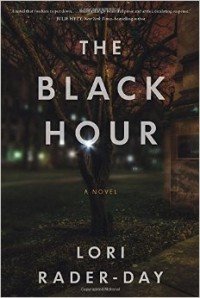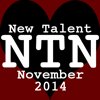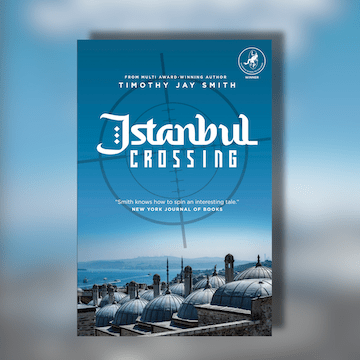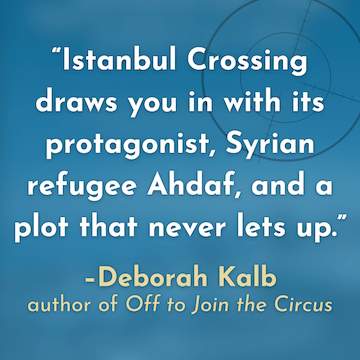
 Written by Lori Rader-Day — The Black Hour, Lori Rader-Day’s very confident debut, takes a look at the nature of evil among the hallowed halls of academia. The novel begins about 10 months after Dr Amelia Emmett, a sociology professor at Chicago’s Rothbert University, was shot by a student called Leo Lehane right outside of her office. After shooting her, Lehane killed himself, and there has been much speculation as to why she was his target. Amelia survived but is reticent about returning to work, and when she does, she finds that her colleagues are surprised, but she’s not about to give up her hard earned tenure and strives to settle back into teaching in spite of her considerable obstacles.
Written by Lori Rader-Day — The Black Hour, Lori Rader-Day’s very confident debut, takes a look at the nature of evil among the hallowed halls of academia. The novel begins about 10 months after Dr Amelia Emmett, a sociology professor at Chicago’s Rothbert University, was shot by a student called Leo Lehane right outside of her office. After shooting her, Lehane killed himself, and there has been much speculation as to why she was his target. Amelia survived but is reticent about returning to work, and when she does, she finds that her colleagues are surprised, but she’s not about to give up her hard earned tenure and strives to settle back into teaching in spite of her considerable obstacles.
She’s almost immediately approached by Nathaniel Barber, a grad student who’s fascinated by Chicago’s violent history, and he’s also fascinated by Amelia’s ordeal. He quickly ingratiates himself to her, becoming her assistant, and bearing witness to not only her physical pain, but the psychological after effects of the shooting.
From the first page, we get a glimpse of Amelia’s paranoia and discomfort when it comes to her condition. Just getting to the campus is an ordeal, and when she arrives, a reporter lies in wait, silently taking pictures of her, and ignoring her verbal barbs, as she struggles to get to the front door of Dale Hall. She unwisely decides to take the stairs to her office, and that journey is a revelation unto itself, a perfect window into just how much her injury has transformed her life, and her body. Nathaniel and a persistent reporter soon inspire her to start looking into why she was shot. Amelia claims never to have known or seen Lehane, and bristles at the suggestion that she was romantically involved with him, so why was she his victim?
The Black Hour is told, alternately, in both Amelia’s and Nathaniel’s voices, and the author manages to make each very distinctive. Nathaniel is, in many ways, still on the very edge of manhood, not completely secure in his plans for his future and still harboring memories of a breakup that left him considering suicide. He is hesitant and insecure, but over the course of the book finds that he does have a voice, and that the why of the shooting that has so consumed him may have a more insidious source than he initially suspected. His insecurity is never so evident as when he reluctantly befriends a golden boy of Rothbert, Win Harlan, whose pedigree is worlds away from Nathaniel’s modest, rural upbringing.
Conversely, Amelia’s voice is not that of an insecure college student. In fact, although she’s self-conscious about her injury and the new limitations of her body, she’s very determined to not let these things rule her. Hers is a prickly narrative, but her vulnerability, and mourning for the woman she used to be, only serves to highlight her inner strength and desire for fulfillment in both her career and personal life.
The alternating narrative propels the book toward a rather surprising conclusion. We know who did it, but why they did it becomes clearer through subtle twists that you won’t see coming. If you’re looking for explosive action, this is not the book for you, but if thoughtful, intricate plotting, with distinct literary flavor is something you enjoy, this is a perfect pick. Never has the insular world of a college campus and all of its trappings been so fascinating, and so menacing. The Black Hour is a very entertaining look at the nature of violence, and the lengths that some will go to in order to secure their place in the world.
Random House International/Seventh Street Books
Print/Kindle/iBook
£4.55
CFL Rating: 5 Stars








